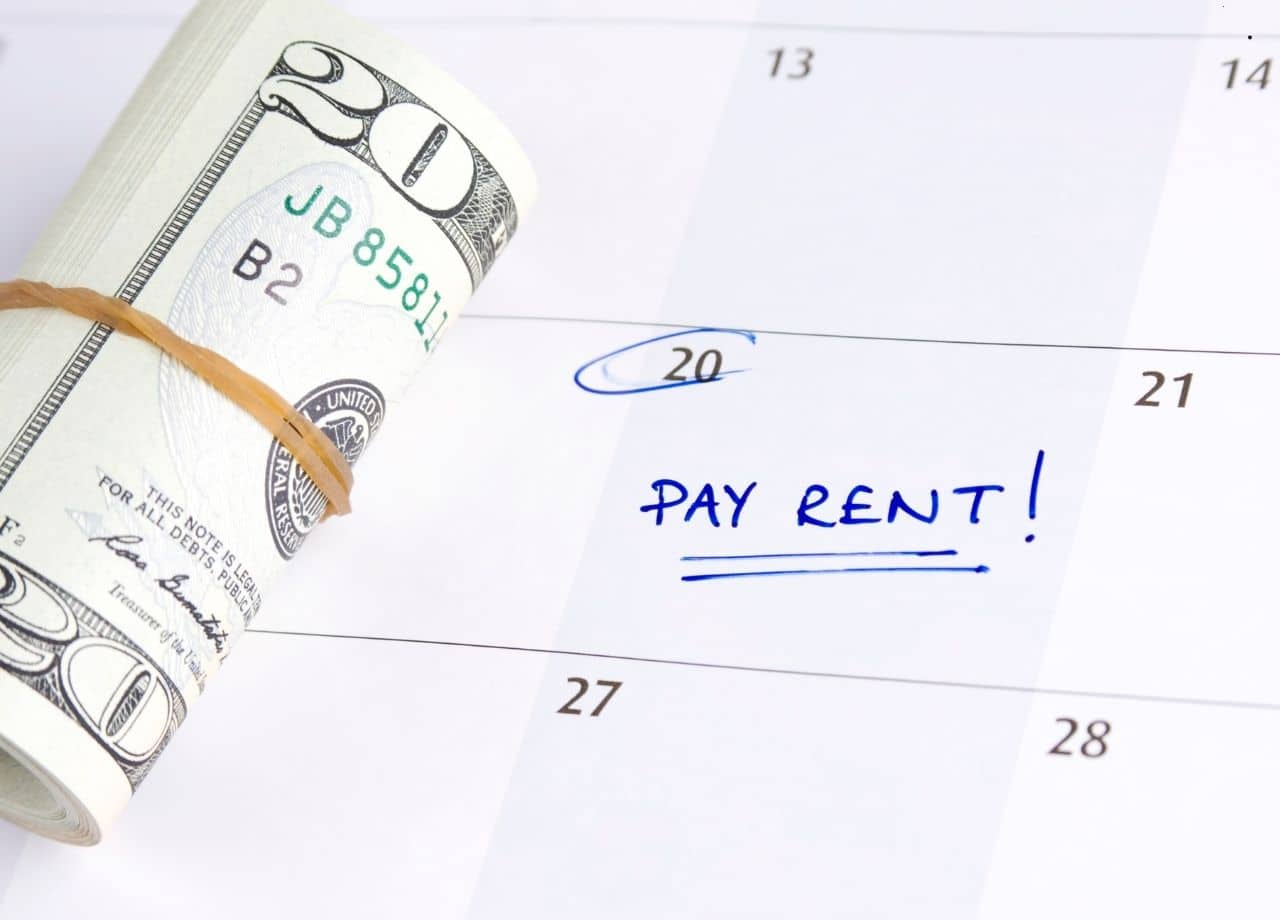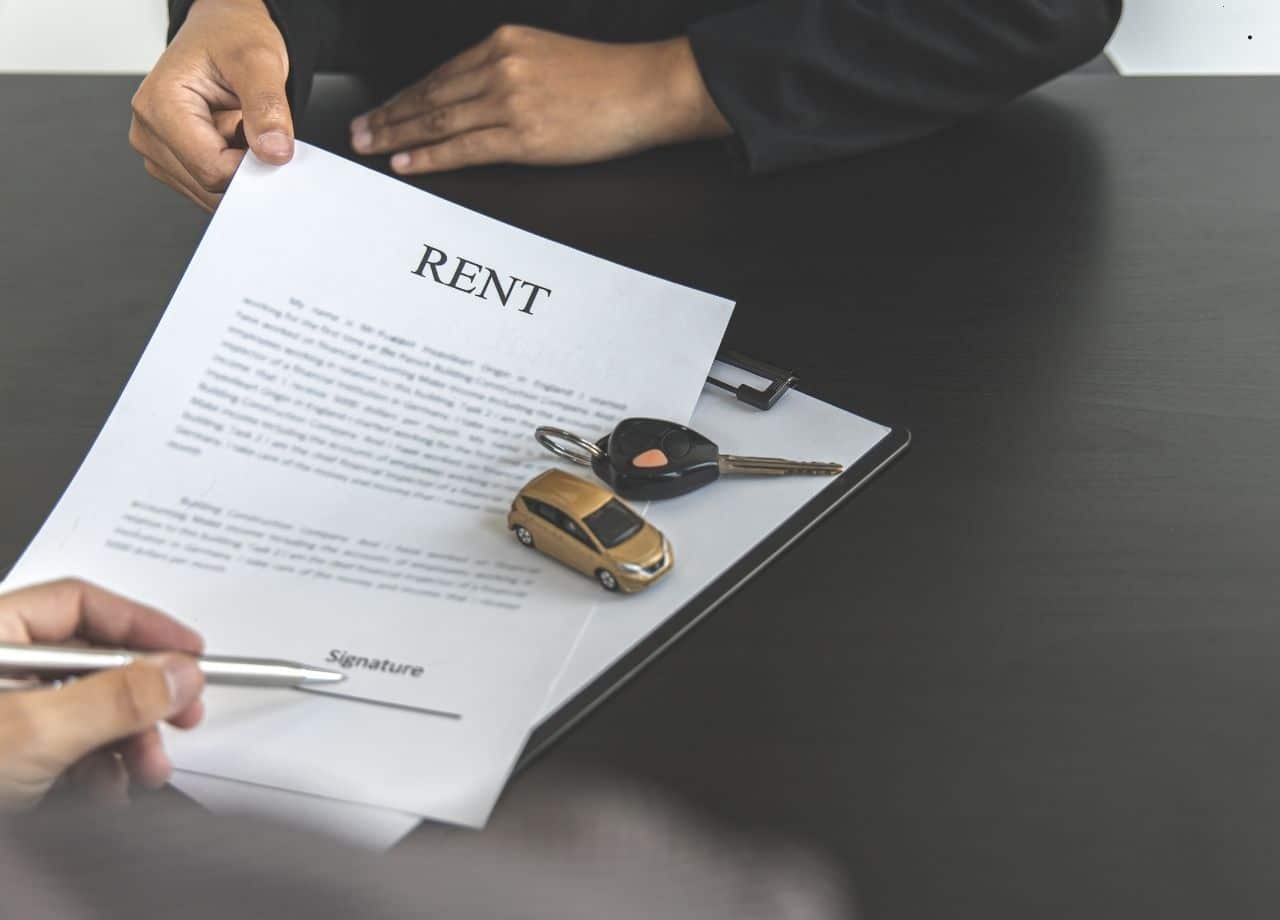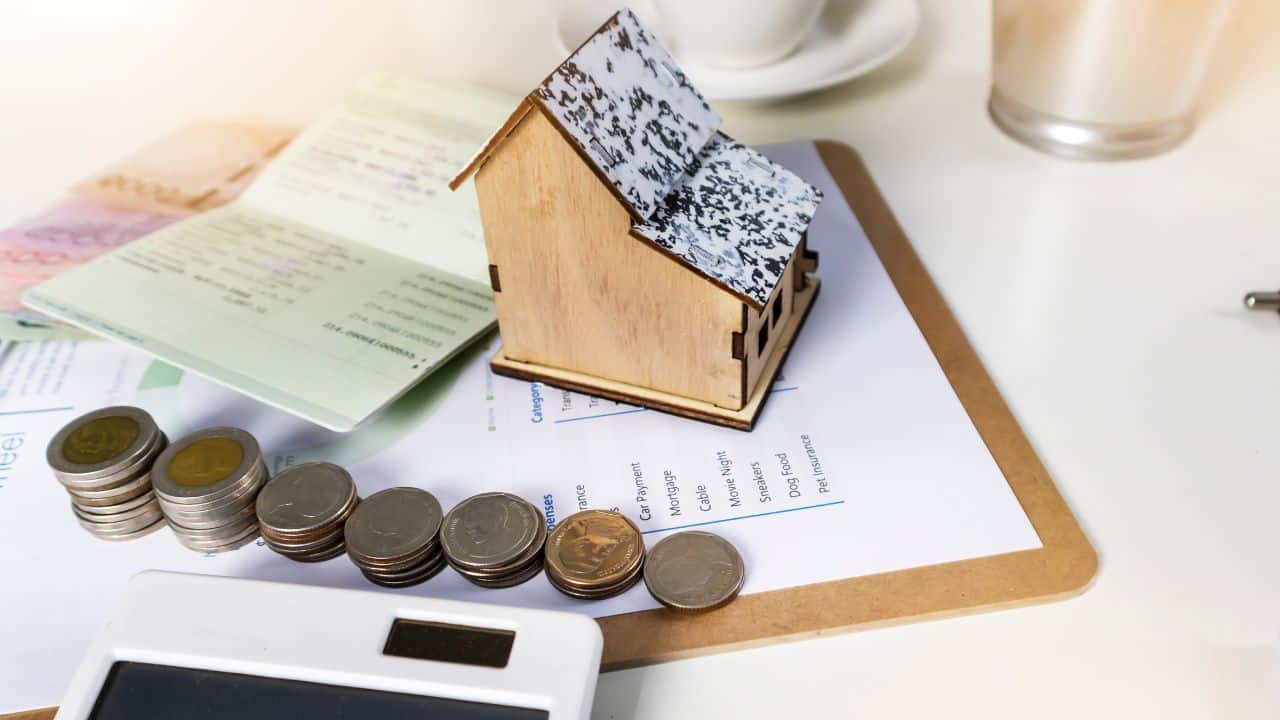You don’t need a long intro to know why rent collection matters. As someone managing multiple apartments, you know it’s the bloodline of your business—when it flows smoothly, everything else works better.
That’s why this guide skips the fluff and gives you real, actionable ways to make rent collection simple, reliable, and even stress-free.
Setting a Clear Foundation
Start with expectations.
It sounds obvious, but clarity is power. Be direct with residents—communicate your rent due dates, how you expect payment, and what falls under late fees. Don’t just mention it in passing; spell it out in the lease, send it again when the lease is signed, and keep a digital copy you can link anytime. This avoids confusion and keeps everyone on the same page.
It also helps to remind yourself what residents want: a hassle-free payment process and transparency on dues and deadlines. When their experience is seamless, they’re more likely to pay on time—and feel good about it.
Choose Payment Systems Residents Actually Use
Chasing rent by hand is outdated. You’re managing real people with smartphones, so offer them easy tools that fit into their lives. Online portals, autopay options, and recurring debit push notifications cut down your follow-ups drastically.
Pick systems that support debit, credit, and e-checks. Offer a user-friendly portal where residents can see a payment history, upcoming dues, and any notices. The fewer times they need to ask for help, the fewer emails and interruptions you’ll get in a busy day.
Pro tip: test the portal yourself. Sign up under a dummy lease and walk through the flow. If something is confusing or takes too long, residents will abandon it—and you might not even notice until rent is late.
Automate Reminders and Confirmations
The difference between late and right-on-time often comes down to reminders. Set up automatic notices—three days before rent is due and the day of. Then send a confirmation the moment payment hits.
These don’t need to feel robotic. Use friendly phrases: “Hi there! Rent will be due in three days—just a heads-up” and “Thanks! We received your payment today.” It’s simple, friendly, and gives everyone breathing room to fix potential issues before rent is due.
Tackle Late Payments Swiftly but Fairly
When rent doesn’t come through, act fast—but keep it professional. Send a polite reminder immediately. If the portal failed or the resident missed it, you’ll know why. Sometimes residents just need a nudge.
If rent is late beyond grace periods, your next step depends on local laws and your lease terms. But don’t let it linger. Reach out with a call or text after the first missed deadline—your goal is to understand the situation, not just to alert them.
Be consistent about enforcing late fees. If you waive fees one month, word spreads. But if you’re transparent—“Here’s the late fee because the rent came in after the 5th”—residents learn your system is fair and predictable.
Offer Payment Plans When Needed
Life happens. A sudden repair, medical bill, or travel expense can put residents behind. It’s not about being lenient—it’s about being proactive. When someone asks for help, give them a simple payment plan option where they cover rent and a small fee over a set period.
You’ll want to make it formal, in writing, with clear due dates for each installment. This not only helps the resident, but also makes sure you keep cash flowing and relationships positive. Use the portal to track installments and send automatic reminders for each one.
Streamline Cash Flow with Your Bank
One thing you don’t want to do is wait seven days after payment before it reflects in your business checking account. Choose a bank or payment vendor that offers next-day deposit. It cuts weekend-level cash flow lag and helps you manage repairs, payroll, or vendor payments more easily.
Confirm your vendor’s turnaround times—including holidays and weekends. There’s nothing worse than thinking rent hit your account, only to realize it’s still pending. When in doubt, schedule payments at least a day earlier.
Keep Transparency High with Real-Time Records
Don’t make residents—or yourself—hunt through emails to verify a paid rent. A friendly portal with real-time ledgers ensures everyone sees payments, outstanding balances, and receipts without calling the office.
When residents feel empowered to self-serve, they’re happier and you’re less interrupted. It also helps resolve issues fast: “When did I pay June rent?”—click. “Did I get that late fee?”—click. No guessing. No drama.
Make Delays Work in Your Favor: Late Fees ≠ Conflict
Many managers see late fees as confrontational. But when done right, they’re just part of the system—a gentle economic nudge tied to clarity and fairness.
Approach them with transparent communication: write into the lease, remind residents at lease signing, and automate notices once rent is late. If someone has a history of delays, you could offer autopay with a small fee discount—basically rewarding good behavior and reducing your follow-ups.
Handle Payment Exceptions Smoothly
Sometimes your system will hiccup—autopay might fail, account numbers change, or bank transfers time out. Create standard responses: an email reminding the resident of the failed payment, a note explaining the issue, and a single request to fix it immediately.
Have a dedicated day each month to review failed transactions. Once identified, give residents 24–48 hours to correct the payment. Document everything in their ledger so if you ever need proof of notification or consistency, it’s ready.
Review and Refine Every Quarter
Even smooth systems need checking in. Every three months, review your rent collection stats. How many payments were late? How many autopay setups failed? If autopay fails are high, it might be time to switch vendors or send instructions to residents on updating their info.
Don’t wait until year-end financial reviews. Ongoing tweaks help prevent small issues from becoming big ones.
Lean on Resident Feedback (But Keep It Structured)
Great ideas often come from the people paying rent. Send a quarterly survey: “How was rent payment this quarter?”—with 2–3 questions only. Ask about the portal, reminders, and any payment hiccups.
Take suggestions seriously. If several residents ask for text message reminders instead of email, take note. Small changes can have a big impact on resident satisfaction—and reduce your headache.
Back Everything Up with Documentation
Even in best-case scenarios, mismatches happen. That’s why having written logs of all communications, portal activity, failed payments, and late notices is critical. If you ever need to start eviction proceedings or explain payment history to an accountant, you’ll be ready with clear, dated records.
Digital communication (email, portal messages, texts) automatically timestamps everything. Just make sure your portal keeps conversation and payment history easily viewable. If someone asks why they were charged a late fee six months ago, you can show the date, the reminder, and the fee with one click.
Save Time with Templates—But Keep It Human
Nobody wants boilerplate robotic texts. Write personalized templates that sound like you. For example, instead of “Your rent is late,” go for “Hello Alex, rent for May 1 hasn’t come through—would you like to check the portal together?” That small tone shift makes a big difference. Create variations of your scripts for late notices, failed payments, autopay confirmations, and gentle reminders.
Because they’re templated, you send faster. Because they’re warm, residents feel respected. That’s the balance.
Stay Compliant—Know Your State Rules
Regulations vary by state or region. Know your late fee limits, grace period requirements, and notification timings. Keep updated—every year scan your state’s housing or regulatory websites to catch any changes by July or August—that way you adjust your leases for the next rounds.
Your system should automate grace periods and fee caps, but staying educated ensures you avoid penalties and keep your whole setup legit.
You don’t need a complicated playbook to collect rent well. You need clarity, automation, swift follow-ups, and consistency. Use tools that fit resident behavior. Document everything. Tweak regularly. Keep tone friendly, not bossy.
When your rent system hums along, you reduce your stress and free up time to focus on what really matters—maintaining your properties and building trust with residents. And if you ever want a custom audit of your rent collection workflow, Pest Share is happy to help—just ask!






